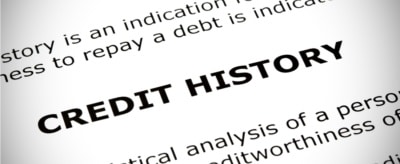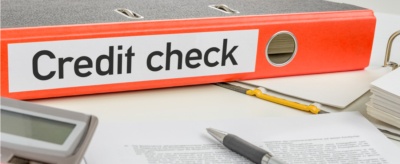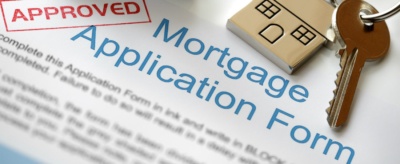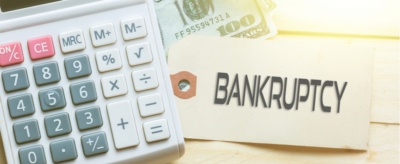The term credit can mean many things. For most people, it is the ability to borrow today and pay later. The idea of “credit-worthiness” defines our personal finances, and reaches out to all parts of our financial lives. Credit can be an accounting term. You can talk about credit cards, your credit history, your credit score, or the three credits you got in college for taking Bowling. This page is the credit nerve center of ThinkGlink.com. From this page you can learn more about what credit means and how having good, bad, or mediocre credit affects your personal finances.
5 Tips to Pay Back Debt: The Ilyce Glink Show on January 4, 2015
Here are a few of the topics covered on this week’s WSB radio show. The economy at the end of 2014 [1:50] In the third quarter of 2014, GDP increased to an unbelievable 5 percent due in a large part to the lower gas prices that are freeing up funds for consumers. We are also [...]
The 5 Components of Your Credit Score
Your credit score is probably one of the most important scores you’ll ever receive. It can save you thousands or cost you thousands when taking our loans, and can even determine what kind of car you get or whether or not you can buy a home. While people often hem and haw over their credit [...]
How Pulling Your Credit Report Impacts Your Credit Score, and Other Credit Score Facts
Accessing or “pulling” your credit report allows you to review your credit behavior. You can see what lenders are reporting about you while you monitor your payment history. Checking your credit report should be a regular part of your routine financial behavior, similarly to reviewing your bank statements or creating a budget. Some consumers are [...]
3 Tips to Get a Lower interest Rate
Want a lower interest rate, late payment fee forgiveness or a higher credit limit? Just ask for it. Nearly nine out of 10 credit cardholders who asked their credit card companies to waive a late payment fee were successful, and about two-thirds who asked for a lower interest rate were approved, according to CreditCards.com. “It’s [...]
How FICO 9 Could Improve Your Credit Score (If Lenders Actually Use It)
Recently, FICO introduced a new scoring model that could potentially make a big impact on housing—if mortgage lenders ever use it. The FICO 9 score would limit the impact of paid medical collections on a consumer’s credit score, potentially lifting scores by 25 points on average, the company says. That’s good news to anyone who’s [...]
Should I Reaffirm My Mortgage Debt After Bankruptcy?
If you’ve found yourself in financial difficulty, you may be considering bankruptcy, which allows you to settle with your creditors in court. In a bankruptcy, you may be able reorganize your debts to make your payments more manageable—or even eliminate your debts completely. While a bankruptcy can help you get rid of your debt in [...]
Why Aren’t My Mortgage Payments Being Reported After Bankruptcy?
Bankruptcy filings increased nearly 30 percent at the height of the Great Recession, and many Americans are still recovering. Fortunately, some of my listeners are rebuilding their lives and moving on from bankruptcy. Others wonder why their mortgage payments aren't being reported after bankruptcy. On last week’s radio show, one listener said her bank told her [...]
Check Your Credit Score Before Shopping for a Mortgage
It’s selling season and buyers are excited to take advantage of the incredible low interest rates out there. But before you start shopping for a mortgage, you should check your credit score. You need to know where your credit stands to be able to work towards the house of your dreams. FICO credit scores start at 300 [...]
Credit Monitoring FAQs: I Received an Alert, What Should I Do?
If you’ve purchased a credit monitoring product to help you stay on top of the information in your credit file, you may at some point receive an alert. When the alert is about a change you’ve recently initiated—a new credit card or mortgage, for example—it may not be a surprise. But when you receive an [...]
In Debt? Consider a Debt Management Plan
The economy is continuing to improve, and many people who saved diligently during the recession to pay off debt are now feeling comfortable enough to borrow again for homes, cars, and other big purchases. As a result, U.S. household debt is climbing at its fastest pace in five years. Consumer household debt rose 1.1 percent [...]










